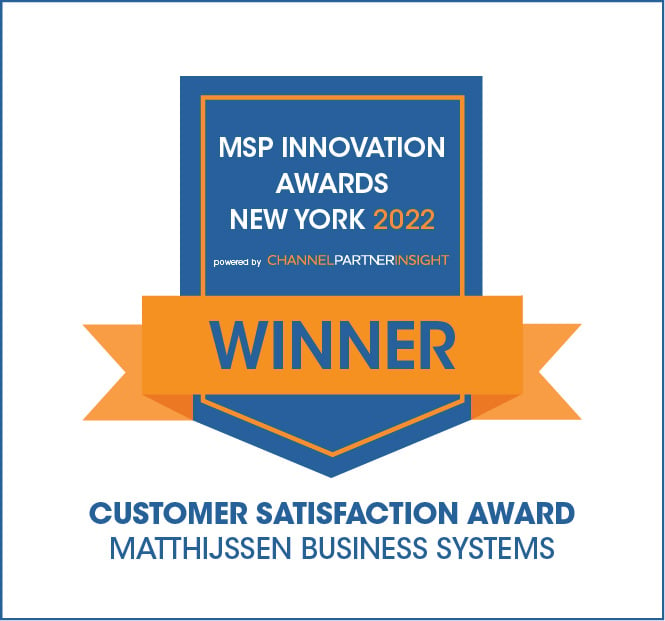The cloud is starting to take over how we store, share and secure data either privately or for business. More and more companies are moving to the cloud in some form, influencing other businesses to utilize the technology. Before jumping on the bandwagon, a business needs to do their homework to learn about what the cloud is, and if it's right for their company. Let us break down the risks and benefits of cloud computing for your business.
About “The Cloud”
Before we get started, lets be clear on the cloud and its models. Cloud computing is any program hosted online and maintained by a software provider. “The cloud” is used to describe any computing that is Internet-based with large quantities of remote servers networked together. This networking creates a centralized data storage system and online access to computer resources or services.
Cloud Deployment Models
The cloud comes in a few different forms, which can add to confusion for those getting started. A public cloud lets you share select files with others, where the private cloud is when only you have access to the content of your own cloud. A community cloud allows a specific community to have infrastructure access and a hybrid cloud combines two or more of the cloud models.
Benefits of the Cloud for Business
The cloud has many benefits for your business, including:
- Reduced IT Operating Costs: Added server space can be rented for several hours at a time by a company instead of maintaining proprietary servers. Companies no longer need to worry about resource upgrades when a new version of an application is available.
- Less Maintenance: With the cloud there is no software or hardware maintenance.
- Increased Speed: An optimized IT infrastructure gives fast access to computing services as needed.
- Scalability: With cloud computing you get an online environment that is scalable and can handle more work volume, without impacting the performance of the system.
- Reduced Capital Costs: While only paying for the actual amount used, a company can use large-scale computing services from their provider, then add or remove IT capacity to meet the fluctuating and peak service demands.
Risks of the Cloud for Business
The cloud for business also has some risks that must be considered before making the decision to transition to the cloud:
- Less Control Over Data: Control of your data must be turned over to a third party, and you may not be willing to do this with all types of information for security reasons.
- Limited Access: While you have remote access that increases your range of where you can conduct business, if you are in an area with no Internet connection, you can't get to the information stored in the cloud.
- Environmental Security: Since cloud environments are so large and often hold a lot of secure data, they are often the targets of hackers, bot malware and other virtual attacks. Your provider must be trusted enough to configure and patch management controls so your data is sufficiently guarded.
- Inefficient Disaster Recovery: Because your computer resources are hosted by a provider, the provider's disaster recovery service must be trusted and adequate enough to recover all your critical data in the event of a natural or virtual disaster.
Cloud computing has many benefits, but it isn't always the right fit for all businesses. Contact Matthijssen and our organization will evaluate your business. We will help you decide if the cloud right for your company. If we think it will work, Matthijssen can implement cloud computing for your business. Contact us today!












